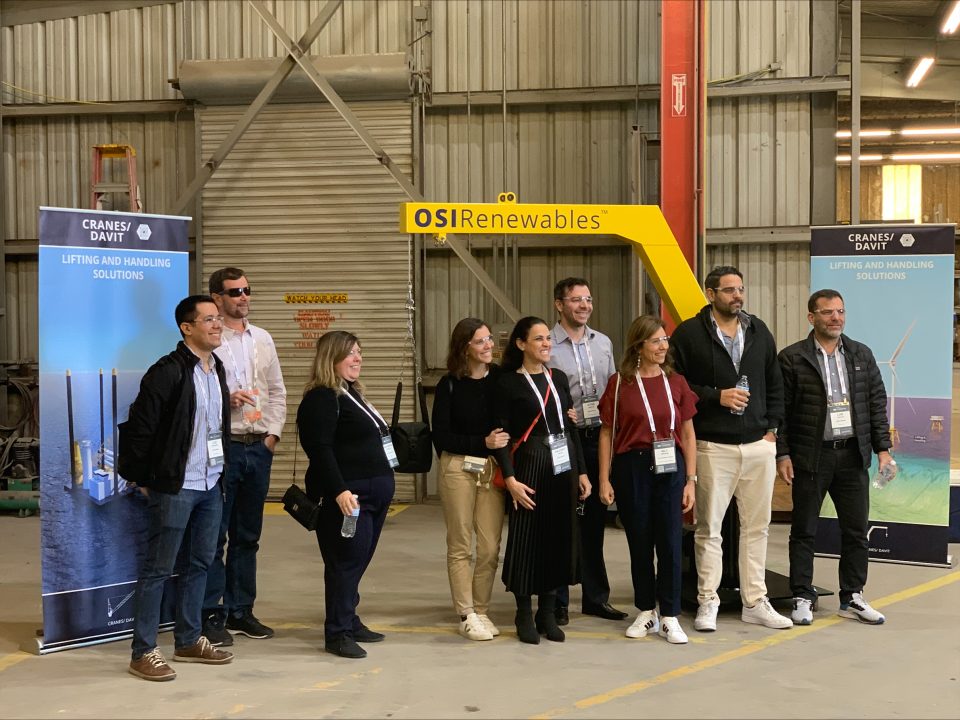
Making Business Dreams a Reality
November 21, 2018
Randy Jeandron
November 21, 2018
BANK OFFICIALS STRESS IMPORTANCE OF ONLINE ASSETS IN MAKING DECISIONS
Despite hopes that the Bayou Region’s economy will soon improve, many households are still having a difficult time because of changes in income, hours or employment over the past few years.
And while many families are coping with problems the best they can, local financial experts say proper planning to get the most out of their income and assets can go a long way toward maintaining peace of mind and solvency.
Tools are available through programs and online offerings from local banks that will help. But however it gets done, experts agree that evaluations of financial strengths and weaknesses are never a bad thing.
Synergy Bank has several staff members who are always available to help locals manage their money. President and CEO Jerry Ledet said the most important thing is to have a plan and stick to it, which will allow a person to more easily stay on their economic schedule.
“In tough economic times, the first thing a consumer should do is evaluate their budget and do a financial check-up,” Ledet said. “In fact, most people should do this every five years, or after major events like a divorce or before retirement.”
A financial checkup can identify income, determine what money is being spent on, and help identify ways to meet financial goals, Ledet said, whether those be reduction of expenses or purchase of a home.
Ledet said a check-up is an honest look at all of the factors that go into one’s financial picture.
“Part of the financial check-up should include carefully evaluating all expenses and even research things that you haven’t looked at in a long time such as your mortgage, insurance or even your bank accounts,” Ledet said.
Several online resources are available at no cost, including one that Synergy recommends, a program called “Smart About Money” available through the
National Endowment for Financial Education. NEFE is a nonprofit foundation whose mission is to help educate Americans on financial literacy. Another resource is the FDIC’s “Money Smart” program.
“Smart About Money” includes calculators for financial figuring, carefully outlined steps for increasing financial well-being, and other tools as part of its course-work.
The FDIC’s program includes designs for different ages, incomes and circumstances. It can be found at www.fdic.gov/consumers/consumer/moneysmart/.
Smart About Money can be accessed at www.smartaboutmoney.org
The Money Smart curriculum is available as an instructor-led class for adults, offered in nine languages and in Braille as well as large print. The series for young people targets grades pre-K through 12. Money Smart for Older Adults is available in English and Spanish.
There is a self-paced Computer-Based Instruction (CBI) format online for ages 13 and over.
A portable audio (MP3) version, Money Smart Podcast Network.
And, the FDIC in collaboration with SBA, offers the Money Smart for Small Business instructor-led curriculum focusing on the needs of new or existing entrepreneurs.
“Smart About Money” is not intended as financial advice, but as a starting point to raise awareness, increase skills and instill knowledge related to personal finance, and to guide consumers to helpful resources.
“Research shows that financial education is most effective when it is relevant to a decision you are faced with right now,” the course’s introduction states.
The “Smart About Money Course” covers:
Establishing personal financial security based on your personal values and circumstances.
Analyzing how your money management habits affect your financial security.
Implementing strategies and systems to realize one’s own sense of financial well-being. •








